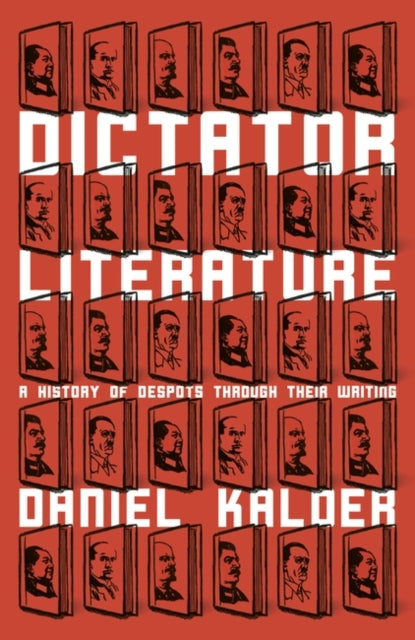
Dictator Literature: A History of Despots Through Their Writing by Daniel Kalder
“Writing history is not usually a heroic pursuit,” said Gerard DeGroot in The Times. “Daniel Kalder, however, deserves a medal.” To research this book, he spent years wading through the prose of dictators, ranging from such “titans of tyranny” as Lenin and Stalin to lesser despots such as Franco and Gaddafi. And he found that virtually all produced “mind-numbing drivel”. Kalder, however, tenaciously stuck to his task, and the result is a “highly entertaining” cautionary tale about our capacity to be “wooed by dangerous demagogues spouting gibberish”. In contrast to his subjects, Kalder is an acerbic observer. “Were it to somehow vanish from time and space, the history of the printed word would be enriched,” he writes of Mao’s philosophical essay, On Contradiction.
Not all dictators were equally atrocious writers, said Michael Burleigh in the London Evening Standard. As a classical poet, if not as a philosopher, Mao was “not bad”; Stalin had gifts as a “ruthless simplifier”. However, only one of the book’s subjects – the ex-journalist Mussolini – emerges as a “writer of talent”. According to Kalder, Il Duce’s 1910 erotic novel, The Cardinal’s Mistress, “wriggles and writhes with exuberant fleshiness”. He adds that Mussolini’s mistake was to confuse his “gift for words with a superhuman ability to change the course of history”. This book is a good source of pub quiz questions, said Christopher Tayler in the FT. Which three dictators wrote and published novels? Answer: Franco and Saddam Hussein, as well as Mussolini. Yet as a work of history, it struggles to engage, mainly because “there are only so many amusing ways of pointing out that this or that text is either a ponderous exercise in Marxist-Leninist theory, or a badly written and repetitive right-wing rant”.
